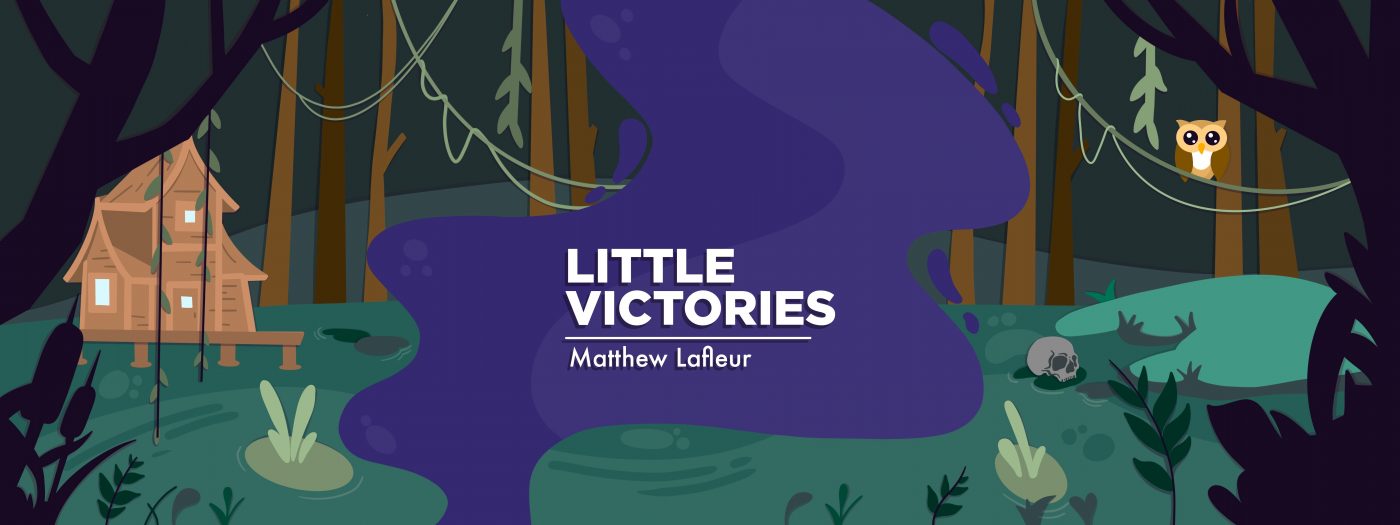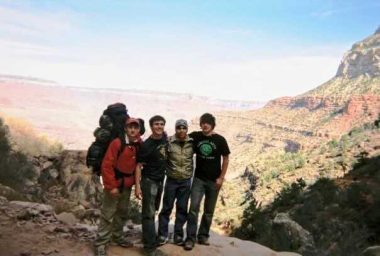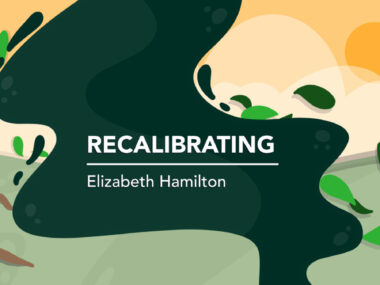How I Hiked Down the Grand Canyon in a Wheelchair
Written by |

“Are you sure you’ll be OK?” my three friends asked after they sat me on a picnic table, pen in hand and journal before me.
It was 2006, and we were on spring break. The late afternoon sunlight wasn’t getting any brighter, and I knew they wouldn’t want me to be alone after sunset. “I’ll be fine,” I promised. “Go!”
My buddies hiked farther and farther away until I could no longer see them in the overgrown brush.
I looked at the cliffs surrounding me on either side. After a long day of hiking down the narrow and steep trail, we had arrived at the bottom of the Grand Canyon.
We knew the trek down the canyon would be difficult, so we selected a trail that was completely wheelchair-friendly.
The bad news is that a mile into the 6-mile trail, we realized it was not the wheelchair-accessible one.
Groups of tourists descended the trail each hour on rented donkeys. They would laugh when they passed by two of my friends pushing a wheelchair with camping equipment on the seat. But later, when they came upon me on my buddy’s back, they realized what the wheelchair was for, and they cried.
Pulling me backward down this steep and skinny trail was almost impossible, so we abandoned my wheelchair for the night at a way station, and my friends decided to pass me like a very good-looking relay baton as they carried me on their backs.
After most of the day, we reached the base camp at the end of the trail, and my friends went to work setting up the tent. We found out that the Colorado River was about a 45-minute hike from base camp. Before they had to consider lugging me on their tired backs again, I volunteered to remain at base camp, saying I’d write about the experience so far in a journal I had to keep over spring break for one of my college classes. Without much protest, and maybe with a little relief, my friends sat me at the picnic table as they disappeared in search of the river.
Away from my wheelchair, I became totally immobile. This feeling, coupled with towering canyon to both east and west, reminded me that I was indeed trapped, and more helpless than I’d ever been. But looking around me, noting the warmth of the desert sun, the cool breeze whispering of approaching night, and those two stalwart sentinels of centuries of eroded rock, I had to admit that this prison was profoundly beautiful.
We began the daunting uphill hike early the next day. I held tightly to whichever buddy whose turn it was to carry the baton. I was floored by the kindness that strangers showed us as they passed. Most shared water and snacks they had brought. Some volunteered to carry our backpack, tent, and duffel bags to the top. An especially awesome couple, after hearing our story, volunteered to take my wheelchair from the first way station and bring it to the top for us. We gratefully accepted everything.
When we were only two miles from the top, my friends began to grow exhausted. Each leg passing the baton became shorter, and I felt increasingly guiltier for burdening them.
We passed a group of four park rangers who volunteered to hike the rest of the trail with me, allowing my friends a much-deserved respite. The rangers were big, fit guys, who competed with each other to see who could run with me on their backs fastest and farthest.
Our tent, duffel bags, and my wheelchair were waiting at the end of the trail.
We asked one of the park rangers to snap a picture of us on the lip of the Grand Canyon. Then I was helped back into my wheelchair. We drove to a restaurant to eat a steak dinner, and began the long drive home to Louisiana.
I offered to stay awake for the entire trip overnight as my three friends drove in shifts. I figured that since I couldn’t help them by driving, and since they just brought me up and down the freaking Grand Canyon, staying awake with the driver was the least I could do.
Often my disorder, Friedreich’s ataxia, causes me to only look at my own struggles. That spring break back in 2006 reminds me that only focusing on my own hardships might distract me from the kindness of strangers on the trail, burly park rangers, and most importantly, the friends in my life.

“Look, Ma, no wheels!” Matt, second from right, with friends at the Grand Canyon in 2006. (Courtesy of Matt Lafleur)
***
Friedreich’s Ataxia News is strictly a news and information website about the disease. It does not provide medical advice, diagnosis or treatment. This content is not intended to be a substitute for professional medical advice, diagnosis, or treatment. Always seek the advice of your physician or another qualified health provider with any questions you may have regarding a medical condition. Never disregard professional medical advice or delay in seeking it because of something you have read on this website.The opinions expressed in this column are not those of Friedreich’s Ataxia News or its parent company, Bionews, and are intended to spark discussion about issues pertaining to Friedreich’s ataxia.




Genie Summers
Matt I love you. I remember the boys coming back from that trip your presence made it a thousand times more memorable than if they had hiked it alone. We all love you!
Matt Lafleur
Your comment made my day,Mrs. Genie. Thanks so much for reading. Love y'all too and I hope to see y'all soon!
Barbie Miller
Thanks for sharing. I know the feeling, I am guilty of being too consumed with my own problems sometimes.